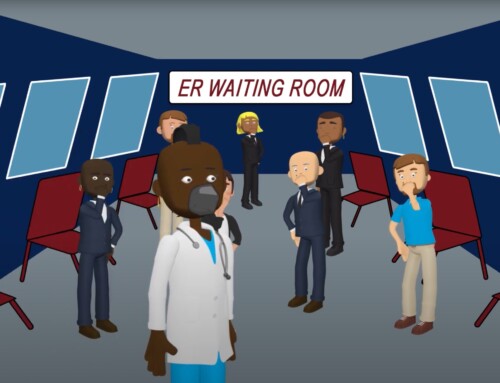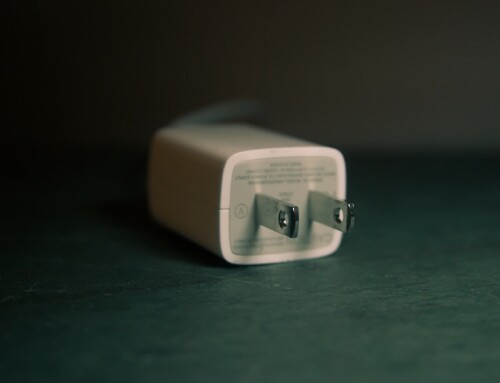![]() We have many Research Associate volunteers who staff the SF General Emergency Department collecting research data. They are often ask “what did you mean when you said…” or “what does that mean on the patient census whiteboard”. When I answer their questions, they often chuckle. This then made me realize that we routinely use terms and phrases that aren’t part of the usual medical vocabulary and are unique to the SF General ED.
We have many Research Associate volunteers who staff the SF General Emergency Department collecting research data. They are often ask “what did you mean when you said…” or “what does that mean on the patient census whiteboard”. When I answer their questions, they often chuckle. This then made me realize that we routinely use terms and phrases that aren’t part of the usual medical vocabulary and are unique to the SF General ED.
- HACito: For acutely agitated patients (often under the influence of one or more intoxicants), we commonly use Haldol, Ativan, and Cogentin in a single syringe to inject intramuscularly. This is commonly referred to as HAC. For smaller patients or those who just need only slight chemical restraint, we use a smaller dose of HAC, or a “mini-HAC” or “HACito” .
- Syncopize: Many medical nouns are converted into new verbs when we speak to each other. “Syncopize” describes one who has had an episode of syncope. “Hematemesize” describes one who has vomited blood.
- MTF: Many of our patients present because they are under the influence of alcohol, heroin, methadone, cocaine, amphetamines, or a combination of them all. After several hours, these patients wake up and are discharged assuming nothing else is wrong with them. For these patients, we write “MTF” on the whiteboard next to their name, meaning that we are waiting for them to “metabolize to freedom”.
- The eagle has landed: Some mornings, often a nurse or institutional police officer buys several dozen donuts for the ED staff. Instead of sending out an overhead annoucement that donuts are in the break room, the code words are “the eagle has landed”.
- Trauma Alpha: All of our severely-injured trauma patients fall under code names, chronologically arranged in alphabetical order. These pre-printed medical charts have pre-registered medical record numbers to allow us to immediately start ordering labs and other diagnostic tests. There’s Trauma Alpha, Trauma Beta, Trauma Charlie, etc. You know it was a bad trauma day when the ED cycles the entire alphabet in a 12-hour shift.
- Med Pack Whale: Similarly for our acutely ill non-trauma patients who need tests started immediately, we have pre-registered, pre-printed medical chart packets for them. These are also arranged in alphabetical order, except we use animal names. I always feel bad that we have a Medical Packet Whale, especially if the patient happens to be a little overweight. Some of my favorite are Med Pack Giraffe and Med Pack Yak, FYI, I have really bad luck with Med Pack Kangaroo. For me, it is an independent predictor for intubation. My intubation rate is about 80% on them!
- Platinum CT scan: Are you getting pan-scans for more and more of your trauma patients, despite the recent irradiation risk literature? I’ve started calling the head, cervical spine, chest, and abdomen/pelvis CT set as the Platinum scan. If we don’t need the chest CT, I call it the Gold scan.
- IP: The Institutional Police are a omnipresent staple in our ED. Stationed only the ED, they are extremely protective of our ED staff whenever patients become unruly, potentially dangerous to the staff, or refuse to be discharged from the ED. Until recently, we had an IP officer named Frank who was amazingly adept at convincing patients to calm down and be respectful. I suppose having a gun on your belt helps at being convincing. You would often hear an overhead page calling for “Uncle Frank”. I describe our IP officers as “motivational speakers”.
Question: What unique phrases/terms do you have at your ED?




